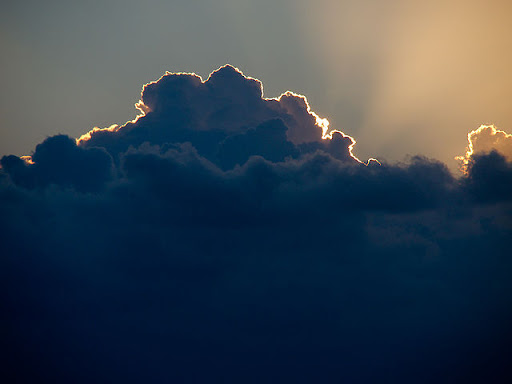
In part 2 of the Playbook, friends of JH.com, we walk the sunniest available sides of the streets of Ottawa. The number one bit of brightness is that WE’RE NOT NEW YORK. By good luck, and perhaps by a certain level of good Canadian management and prudence, we’re still only in the hundreds of cases in my city, with fewer than 10 deaths. But still, Covid-19 looms darkly over Ottawa, over everywhere that people have eyes to see and ears to hear what the Science saith unto all the congregations…¹
But there are silver linings ANYWAY. As I concluded in Part 1 of this series, they all seem to have something to do with some combination of Time, Opportunity and the Transformation of our personal and societal circumstances. What do they look like in your neighbourhood, town or city?
Here’s what my neighbour Big Sam had to say: “In a pandemic, country people still have the advantages of rural living — fresh air, woods and fields to walk in, and it’s easy to avoid people. And the disadvantages are mainly gone, because now nobody has anywhere to go or much to do. Here in town, it’s the opposite: we have all the disadvantages (nature deficits, people all over the place), and none of the city advantages like, y’know, entertainment, large gatherings and art and culture and…” Big Sam has chronic tongue-in-cheek syndrome, but there’s some wry truth there. But what I’m talking about is making the best of this shutdown situation, even when densification kinda sucks! Here’s what’s silver on a cloudy Ottawa afternoon:
- LOCAL HEROES are getting celebrated on-line. Our local chief medical officer – Dr. Vera Etches – is reputed locally to have “a will of steel” and is widely admired, as are all the health workers. (Nationally and provincially, most of Canada’s chief health officers are women, as they are municipally in Ottawa, Toronto and Vancouver.) Suddenly the love that usually goes to highly paid hockey stars from everywhere except Ottawa is being re-directed to truck drivers, shelf stockers, grocery baggers and other jobs that are low-wage but more essential than chasing pucks. Perspectives change.
- SINGING FROM BALCONIES? Surely there must be parts of Ottawa, more dense than my neighbourhood, where people sing and perform with each other at a distance, à l’Italienne? (Hmm, okay, maybe not. This is Ottawa.)
- BUT THERE’S BEAUTY ALL OVER THE PLACE. Kid-painted rainbows, strategically placed teddy bears, and all kinds of encouragement are to be found in street-facing windows. “You got this!” and “Tous dans le même bâteau” and “Wash! Wash! Wash!” and these two splendidly childish jokes to follow:

